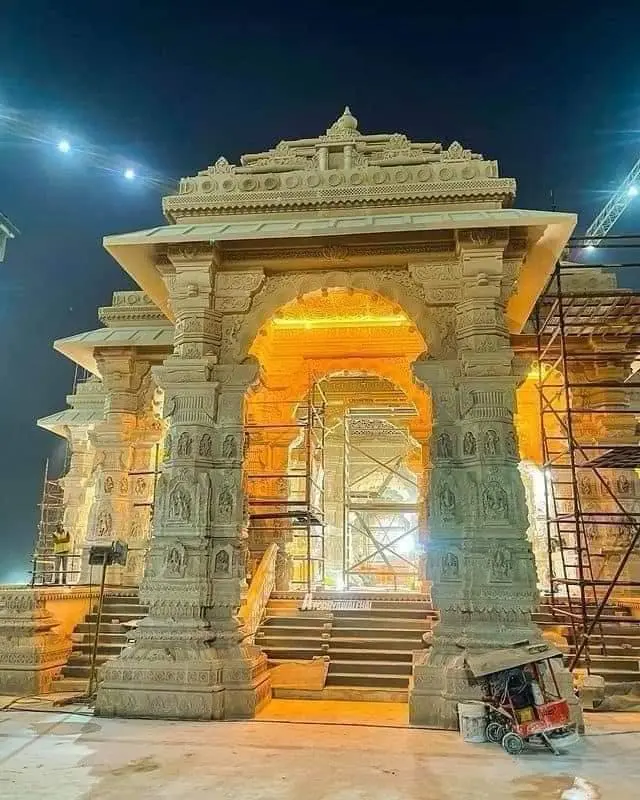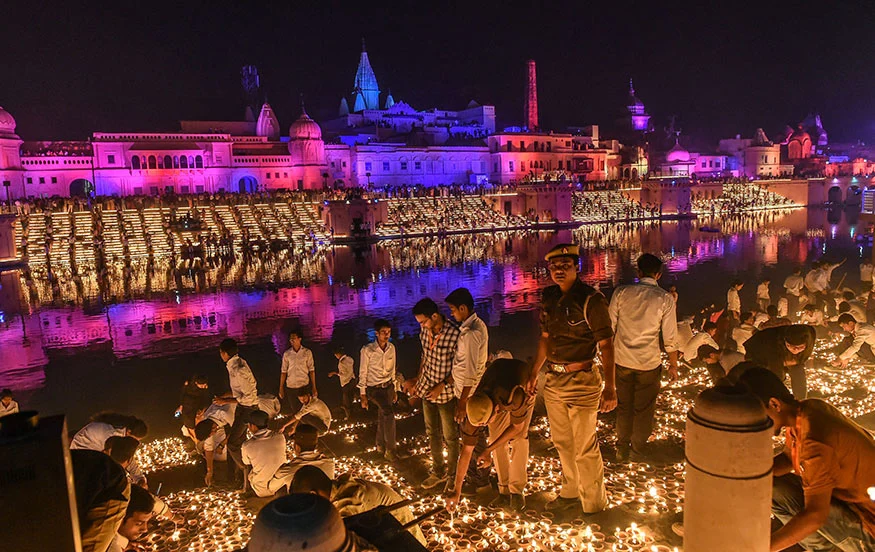Table of Contents
- Introduction to Ayodhya’s Artisan Culture
- Traditional Craft Forms in Ayodhya
- The Art of Idol Making
- Textile Weaving and Embroidery
- Woodworking and Carpentry
- Pottery and Terracotta
- Supporting Local Artisans
- Frequently Asked Questions (FAQ)
1. Introduction to Ayodhya’s Artisan Culture
Ayodhya, a city with a rich cultural and historical heritage, is also home to a vibrant community of artisans. These skilled craftsmen and women have preserved traditional craft forms for generations, making Ayodhya a hub of authentic and diverse handicrafts.
- Ayodhya’s artisans are integral to its cultural identity.
- They have preserved traditional crafts for generations.
2. Traditional Craft Forms in Ayodhya
The city’s traditional crafts include a variety of art forms, each with its unique techniques and materials. From idol making to textile weaving, these crafts not only represent the city’s artistic legacy but also contribute significantly to its economy.
- Ayodhya’s traditional crafts include idol making, textile weaving, and more.
- These crafts are a key part of the city’s artistic legacy and economy.
3. The Art of Idol Making
Idol making in Ayodhya is renowned for its intricacy and spiritual significance. Artisans create exquisite idols of gods and goddesses, primarily Lord Ram and Goddess Sita, which are sought after by devotees and collectors alike.
- Idol making in Ayodhya is known for its intricacy and spiritual importance.
- The idols, especially of Lord Ram and Goddess Sita, are highly revered.
4. Textile Weaving and Embroidery
Ayodhya’s textile industry is known for its fine weaving and intricate embroidery. The artisans here create beautiful fabrics, including saris and shawls, featuring traditional designs and motifs.
- The textile industry in Ayodhya is famous for fine weaving and embroidery.
- Artisans create fabrics with traditional designs and motifs.
5. Woodworking and Carpentry
Woodworking and carpentry in Ayodhya involve creating religious artifacts, furniture, and architectural elements. These products are admired for their craftsmanship and durability, reflecting the artisans’ skill and creativity.
- Woodworking and carpentry in Ayodhya produce religious artifacts and furniture.
- These products are known for their craftsmanship and durability.
6. Pottery and Terracotta
The pottery and terracotta crafts of Ayodhya are another significant aspect of the city’s artisan culture. These include a range of products from utilitarian earthenware to decorative items, all made with local clay.
- Pottery and terracotta in Ayodhya use local clay to create various products.
- The range includes both utilitarian and decorative items.
7. Supporting Local Artisans
Supporting Ayodhya’s artisans not only helps preserve these traditional crafts but also contributes to the local economy. Visitors can support them by purchasing their products and promoting their work.
- Supporting local artisans helps preserve traditional crafts.
- Purchasing their products contributes to the local economy.
8. Frequently Asked Questions (FAQ)
- Where can I purchase authentic handicrafts in Ayodhya?
- Authentic handicrafts can be purchased from local markets and artisan workshops.
- Are there any workshops or tours available to see artisans at work?
- Yes, there are workshops and tours where you can see artisans creating their crafts.
- Can I customize my purchases, like idols or textiles?
- Many artisans offer customization options for their products.
- What are the price ranges for these handicrafts?
- Prices vary based on the craft, but there are options for all budgets.
- Is it possible to ship these handicrafts internationally?
- Some artisans and shops offer international shipping services.
- Are there any cultural etiquettes to follow when visiting artisans’ workshops?
- Visitors are advised to respect the artisans’ space and work, and to ask for permission before taking photographs.
- How can I ensure that I’m buying authentic and ethically made crafts?
- Buying directly from artisans or reputed shops helps ensure authenticity and ethical production
.
- Do artisans in Ayodhya speak English, or will I need a translator?
- While some artisans may speak basic English, having a translator can be helpful for detailed interactions.
Ayodhya’s artisan culture is a vibrant and integral part of the city’s identity. Exploring the traditional crafts and meeting the artisans offers a unique and enriching experience, allowing visitors to connect with the city’s rich heritage. These crafts are not just products but narrate stories of generations of skill and devotion. For more information, including where to find artisan workshops and local markets, please visit our website’s dedicated section on Ayodhya’s traditional crafts.


